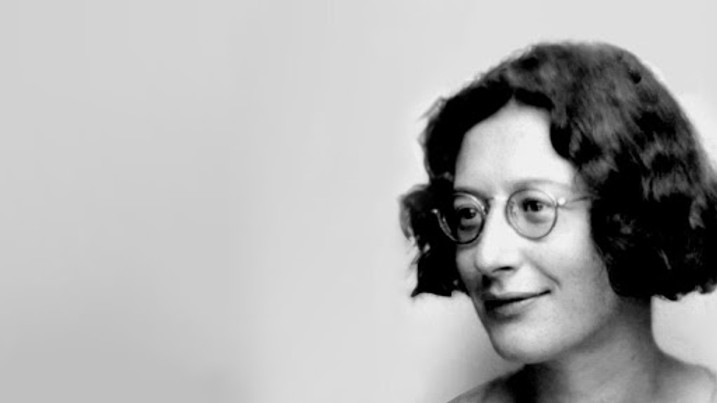It is perhaps even more useful to contemplate our stupidity than our sin.
Method of investigation— as soon as one has arrived at any position, try to find in what sense the contrary is true.
I love the saints through their writings and what is told of their lives … I love the six or seven Catholics of genuine spirituality whom chance has led me to meet in the course of my life. I love the Catholic liturgy, hymns, architecture, rites and ceremonies.
I fell in love with Saint Francis of Assisi as soon as I came to know about him.
… every time I think of the crucifixion of Christ I commit the sin of envy.
It is not my business to think about myself. My business is to think about God. It is for God to think about me.
I cannot go against the light of conscience.
Sin is not a distance, it is a turning of our gaze in the wrong direction.
The love of our neighbor in all its fulness simply means being able to say to him: “What are you going through?” It is a recognition that the sufferer exists, not only as a unit in a collection, or a specimen from the social category labeled “unfortunate,” but as a man, exactly like us, who was one day stamped with a special mark by affliction. For this reason it is enough, but it is indispensable, to know how to look at him in certain way.
… the point where I have been since my birth, at the intersection of Christianity and everything that is not Christianity.
The intelligence can only led by desire. For there to be desire, there must be pleasure and joy in the world. The intelligence one grows and bears fruit in joy. The joy of learning is as indispensable in study as breathing is in running.
Everybody knows that really intimate conversation is only possible between two or three.
Often, at the culminating point of a violent headache, I make myself say [George Herbert’s Love] over, concentrating all my attention upon it and clinging with all my soul to the tenderness it enshrines. I used to think I was merely reciting it as a beautiful poem, but without my knowing it the recitation had the virtue of a prayer. It was during one of these recitations that, as I told you, Christ himself came down and took possession of me.
I suddenly had the everlasting conviction that any human being, even though practically devoid of natural faculties, can penetrate to the kingdom of truth reserved for genius, if only he longs for truth and perpetually concentrates all his attention upon its attainment. … the same conviction led me to persevere for ten years in an effort of concentrated attention that was practically unsupported by any hope of results.
[T]oday it is not nearly enough to be a saint, but we must have the saintliness demanded by the present moment, a new saintliness, itself also without precedent.
